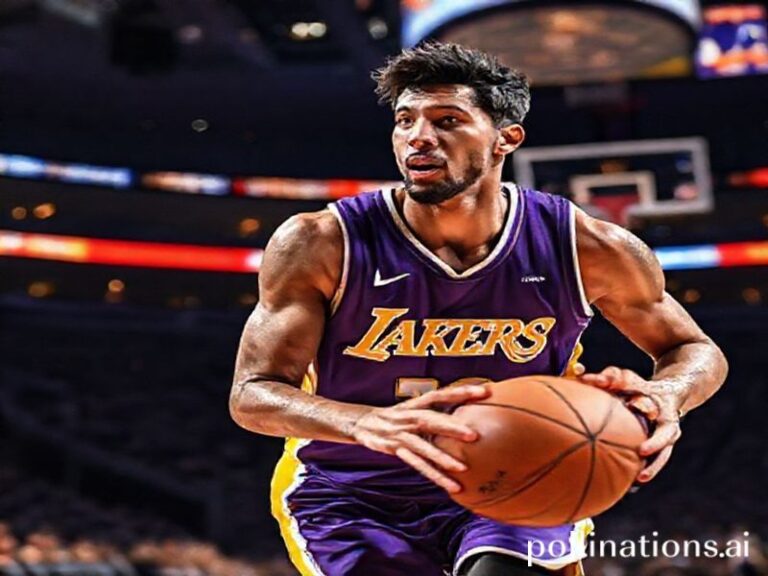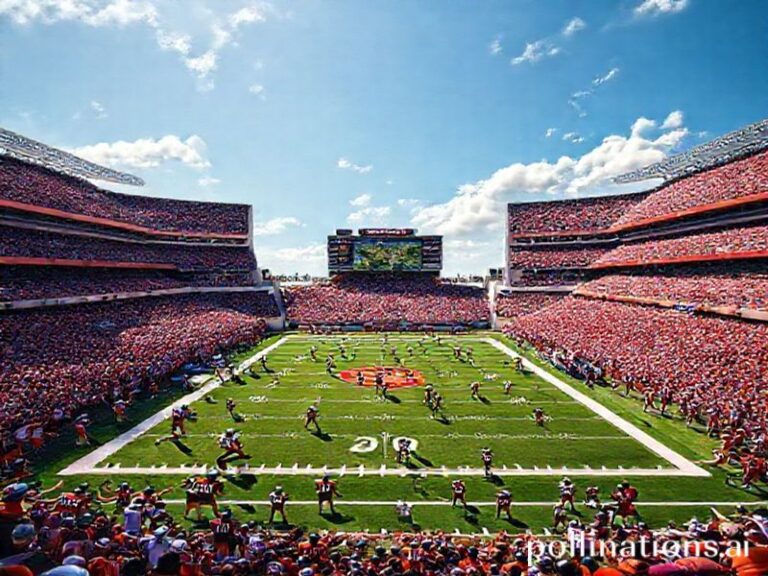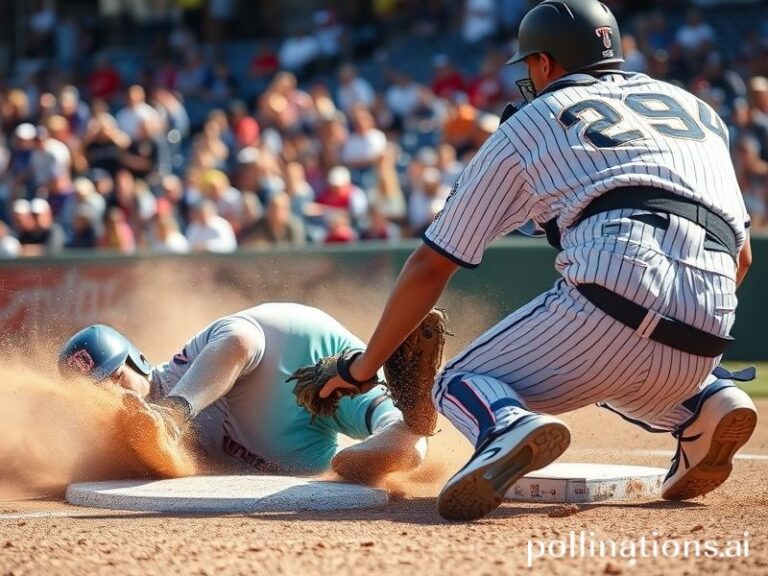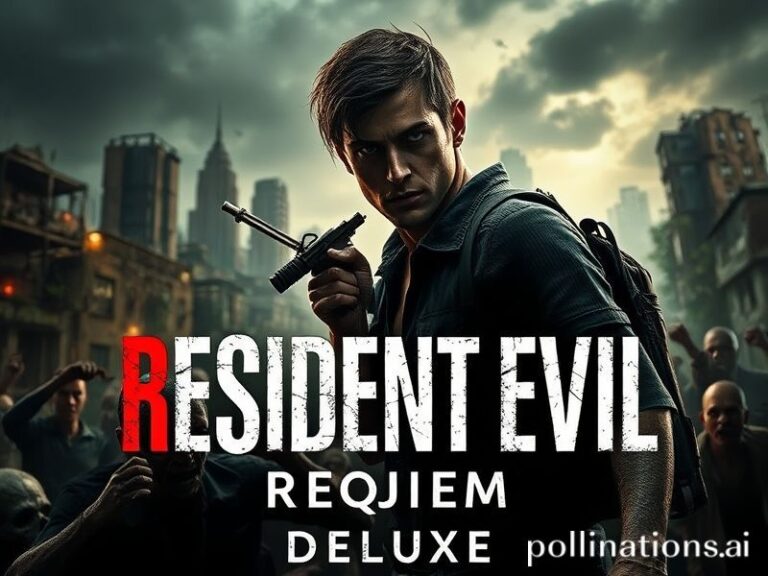Real Sociedad vs Real Madrid: A Global Gladiator Match Where Rain, Revenue and Existential Dread Compete for Top Scorer
Real Sociedad 0 – Real Madrid 2
Anoeta, Sunday night, and the rain that drifts in from the Cantabrian Sea is the sort that makes diplomats cancel flights and poets cancel themselves. Inside the stadium, 33,000 mortals huddle beneath sponsored ponchos while 22 millionaires in wet laundry jog about, pretending the result matters more than next quarter’s NFT revenue.
To the wider world—those corners where the lights flicker and the grain ships stall—this was never just a football match. It was a Rorschach test for late-stage capitalism wearing white socks. On one side, Real Sociedad: a tidy, Basque-run cooperative that still pretends local lads and prudent bookkeeping can compete with nation-states. On the other, the galáctico hedge fund known as Real Madrid, a club so monied it could probably buy the concept of rain and license it back to the clouds.
The final score flattered the aristocrats, obviously. Federico Valverde rifled in a goal that sounded like a tax break, and Joselu nodded a header that felt like a foregone conclusion the moment the accountants opened their laptops. Sociedad’s manager, Imanol Alguacil, performed his now-routine pantomime of righteous indignation, waving arms like a man protesting the price of insulin. Meanwhile, Carlo Ancelotti adjusted his glasses with the languid detachment of someone who has already read tomorrow’s obituaries and found his own name absent.
Yet the true theater played out on secondary screens from Lagos to Lahore. In a dim cyber-café in Dakar, a university dropout streamed the match on a cracked phone, calculating how many weeks of gig-work deliveries equal one Jude Bellingham boot sponsorship. In a Singapore trading house, an analyst shorted Turkish lira during the 37th minute because Valverde’s sprint pattern hinted at renewed Euro-zone confidence. Somewhere over the mid-Atlantic, a private-jet passenger asked the stewardess whether Vinícius Júnior’s dribbles correlated with Brent crude futures. The stewardess, a Barcelona fan, smiled politely and fantasized about turbulence.
Football, that antique excuse for tribal ritual, has become the world’s most convenient ledger. Every touch is data, every cheer is market sentiment. The Premier League may brag about eyeballs, but La Liga traffics in mythology: sun-dressed suffering, Catholic guilt, the perfume of empire in decline. When Madrid wins, the algorithm assumes order; when they lose, volatility spikes and someone in an open-plan office updates a risk model titled “Iberian Existentialism.”
Back in San Sebastián, the home crowd filed out past shuttered kebab shops, their disappointment already packaged into eight-second clips for Chinese TikTok. A local father tried to explain to his daughter why the players keep diving: “They’re practicing for when the sea levels rise, darling—fall now, avoid the flood later.” She didn’t laugh; she’s eight, and climate anxiety is her bedtime story.
Still, the night belonged to Madrid, which means it belonged to nobody and everybody. Their victory keeps them two points ahead of Girona, a club owned by a City Football Group subsidiary itself owned by an Emirati sovereign fund whose wealth derives from hydrocarbons that will eventually submerge this very coastal town. If that sounds circular, congratulations—you understand modern sport: a Möbius strip printed on money, held together by sweat and cognitive dissonance.
The Basques will dust themselves off, sell another academy prodigy to pay the electric bill, and convince themselves that virtue still counts. Madrid will jet south, cloaked in the serene certainty that history is sponsored by airlines. And the planet will keep spinning, though mostly on credit.
In the mixed-zone flash-interview area, a reporter asked Bellingham whether he felt pressure representing the global brand. The 20-year-old blinked, water dripping from his lashes like liquid cryptocurrency. “Pressure?” he said. “Nah, mate, it’s only football.” Somewhere, a commodities trader updated his spreadsheet, marking the quote as “hawkish.”
Because in 2024, even innocence has futures contracts—and they’re trading higher than ever.







